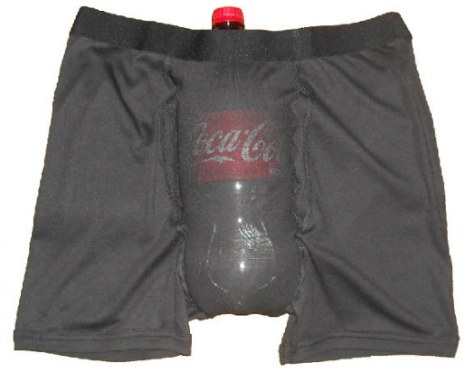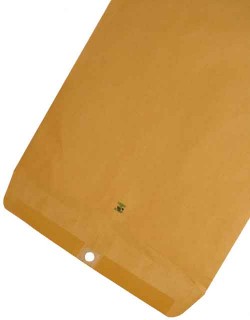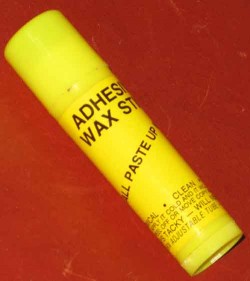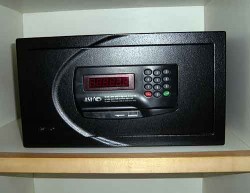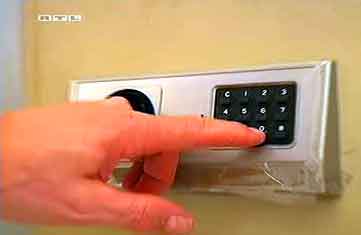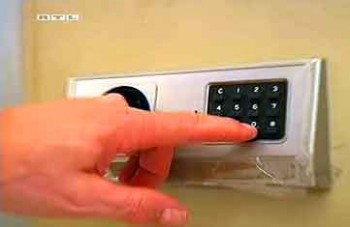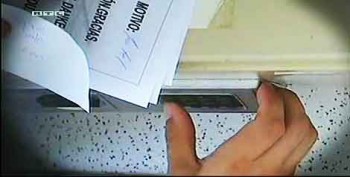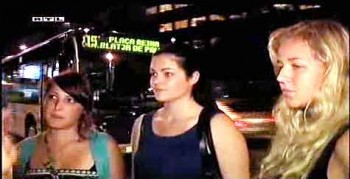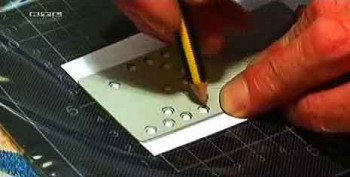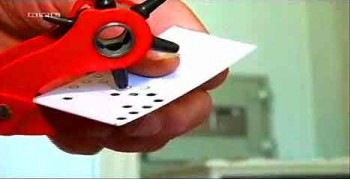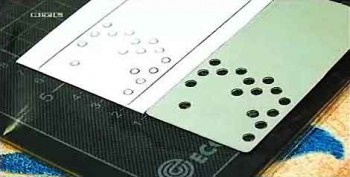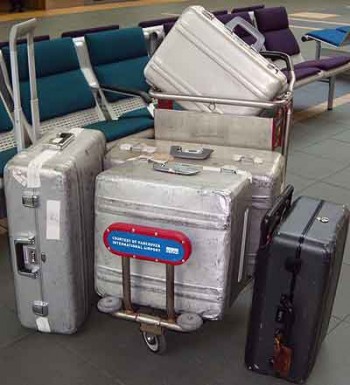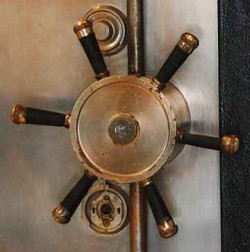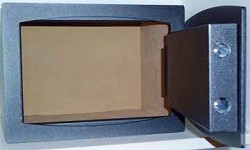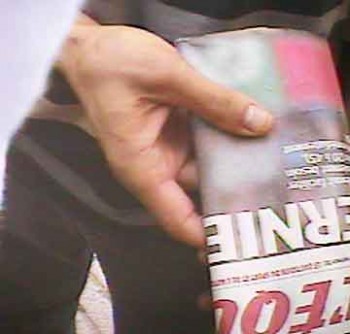
The question we’re most asked is… where should I carry my valuables? What’s the safest place to carry money?
And the ambiguous answer is… it depends on who you are and where you’re going.
First analyze yourself. Are you a worrier? Overconfident? Carefree? Forgetful? Only you can choose the level of security for you. Will you be trekking in the highlands of Peru? Walking with elephants in East Africa? Or going to museums and the opera in London? What’s the tone of your trip, elegant? grungy? in between? What’s the weather? Summer clothes, especially women’s, have fewer pockets and far less security. No one is likely to get into the pockets of your jeans if you have a heavy coat over them.
Safest place to carry money
We say keep your wallet in your tightest pocket, but in many situations that isn’t enough. A wallet in a visible pocket is an invitation. Awareness helps. But maybe you don’t need to carry a wallet. Slim down your necessities, if you can.
Excellent products are readily available for the safekeeping of your stuff. Under-shirt pouches are pretty good, but they can usually be detected and demanded in a mugging. For all but the most dangerous streets, they’re a good option. Better yet is the type of pouch that hangs inside the pants, attached to your belt by a loop. These come in a full range of materials, from nylon to cotton to leather. We love these.
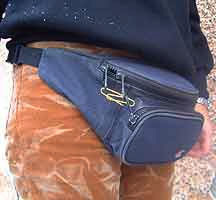
Another kind of pouch fastens around your waist and is worn beneath your clothes. These come in infinite styles, sizes, and varieties and are excellent for men and women. It’s a little more difficult to get to your money or credit card when you need it, but what’s a little effort? Sometimes these are referred to as moneybelts, but they’re not. A moneybelt is a regular leather belt worn outside trousers; it has a zippered compartment on the inside. You can fold in a few large bills or travelers checks, but it won’t hold much.
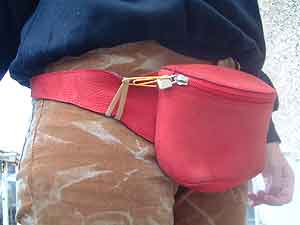
What about the ubiquitous fanny pack, aka waist pouch, aka bumbag? Well, it’s good and it’s bad. On one hand, all your goodies are right in front, on your body, in sight. On the other hand, the fanny pack shouts out “here’s my stuff!” For the most part, Bob and I recommend them for security, if you don’t mind the fashion statement they make. We have never seen, and rarely heard of their straps being cut. However: in many locales pickpockets are extremely adept at opening fanny packs and stealing their contents quick as lightning, while you’re wearing it. I recommend a simple preventative: fasten the zipper with a safety pin or with a paperclip and rubber band. Anything to frustrate wandering fingers. For the fanatic, fanny packs can be found that incorporate numerous safety features, including steel cable through the strap, a concealed buckle, a hidden key clip, and built-in zipper locks.
Several companies make clothes for travelers with zippered, Velcroed, and hidden pockets. I haven’t seen a look that I like much, but these are an option if you care for the somewhat dowdy styles on offer.
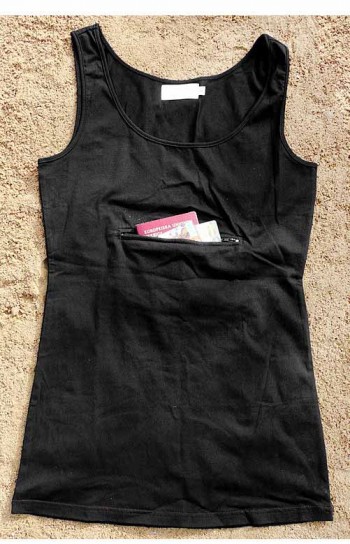
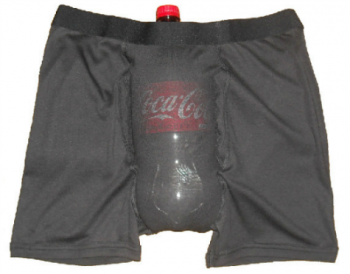
Lastly, there’s a growing variety of pickpocket-proof underwear. The Clever Travel Companion makes a nice collection of briefs for men and women and zip-pocket tank tops. Stashitware makes several styles of underpants for men and women that have a huge central pocket I find most comfortable and useful. (And you have to love a company with the balls to use “shit” in its name.)
No solution is perfect. None is invincible. But if you carry only what you need, and secure those things wisely, you’ll avoid anxiety and better enjoy your travels. So dress down, stow your stuff, raise your antennas, swallow three spoonfuls of skepticism, and have a great journey.
Read Pocketology 101
Read Purseology 101
Adapted from Travel Advisory: How to Avoid Thefts, Cons, and Street Scams
Chapter Five: Introducing…The Opportunist

